Planning to build a small house? It’s crucial to have a solid budget in place. By understanding the importance of budget for small house, you can make informed financial decisions and avoid costly surprises along the way.
Budget for small house can cost between $10,000 to $50,000 or more, from having your small building plan, types of material you want to use, location of the site and cost of labour, all is part of the budget for a small building.
Contents
Building a home requires careful consideration of various financial aspects, such as materials, labor costs, permits, and unexpected expenses.
Expenses can increase overtime as need for features may arise. By planning your budget for small house before starting construction.
You can ensure that you stay within your means and achieve your dream of owning a small house without breaking the bank.
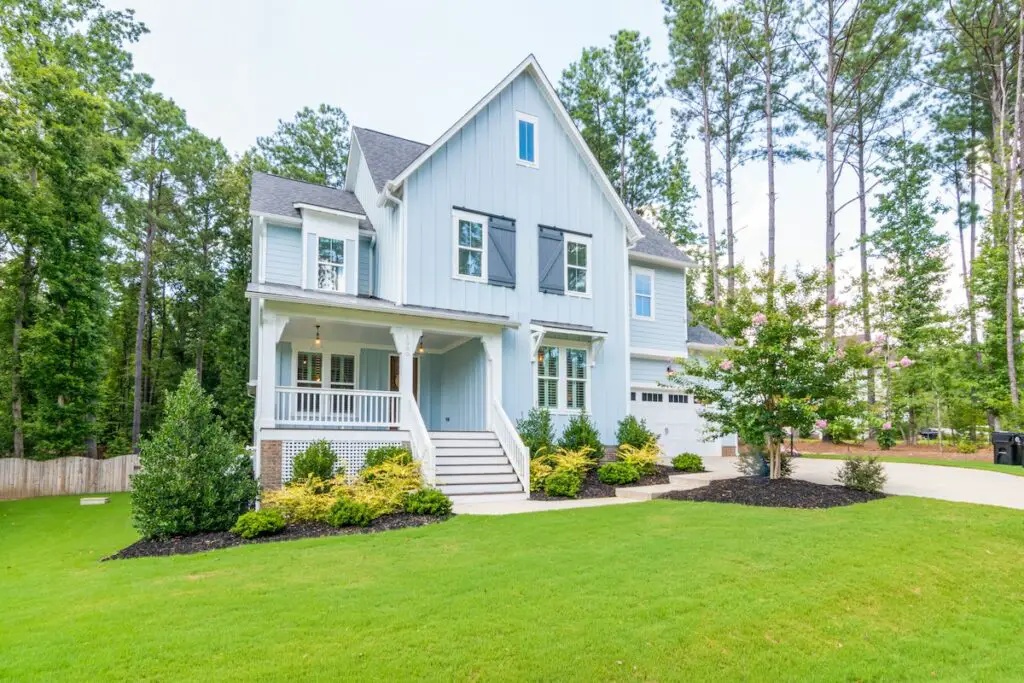
Budget for Small House
To start building a small house, it’s crucial to determine your overall budget based on your personal finances.
Take a close look at your income, savings, and any loans or financing options you may have.
This will give you an idea of how much you can afford to spend on your new home. Honestly it can cost you more than what you are expecting.
Keep in mind you will spend from $10,000 to $50,000 depending on design, size and features.
Allocating Funds for Different Aspects
When budgeting for a small house, it’s essential to allocate funds for different aspects of the construction process.
Consider costs such as land purchase, materials, labor, and utilities.
Make sure to factor in any additional expenses like permits and taxes that may arise during the building process.
Budget for small house is very important if you are starting new.
Considering Additional Costs
In addition to the main expenses, it’s important to consider other costs that may come up along the way.
These could include furniture and appliances for your new home, landscaping or outdoor improvements, and ongoing maintenance expenses.
By accounting for these additional costs in your budget planning, you’ll be better prepared financially.
Importance of Realistic Expectations
Setting realistic expectations within your budget constraints is vital when building a small house.
While everyone wants their dream home, it’s important to be mindful of what is financially feasible.
Understanding the estimated costs associated with different sizes of homes based on square footage or linear foot measurements can help you make informed decisions and avoid overspending.
By carefully considering these factors when creating your budget for a small house, you’ll be able to embark on your construction journey with confidence and financial stability.
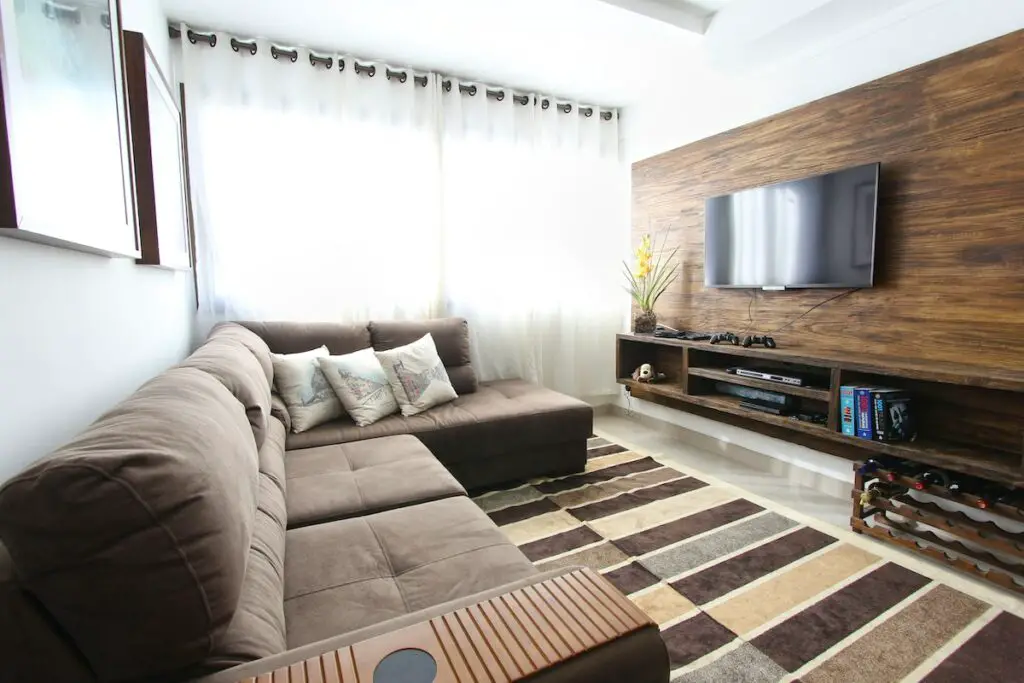
Average Cost Of A Tiny House
It’s important to have a clear understanding of the average cost involved. Several factors can influence the overall cost, including the size and materials used in construction.
Exploring the Average Cost Range
The average cost of a tiny house can vary significantly depending on various factors. On average, you can expect to spend anywhere between $10,000 and $100,000 for a tiny house.
However, it’s crucial to keep in mind that these figures are just estimates and can fluctuate based on individual preferences and circumstances.
Factors Influencing the Cost
The size of the tiny house is one of the primary factors that impact its cost. Generally, smaller houses tend to be more affordable compared to larger ones.
The materials used in construction also play a significant role in determining the overall cost. Opting for high-end finishes and eco-friendly materials may increase expenses.
Buying vs Building
When considering a budget for small house, you have two options: purchasing a pre-built one or building it yourself.
Buying a pre-built tiny house is convenient but tends to be more expensive due to labor costs and customization options.
On the other hand, building your own tiny house allows for greater flexibility and potential cost savings.
Location Matters
Another crucial aspect that affects the average cost is location. The price of land or rental space varies from place to place.
Urban areas often come with higher costs compared to rural areas or less populated regions.
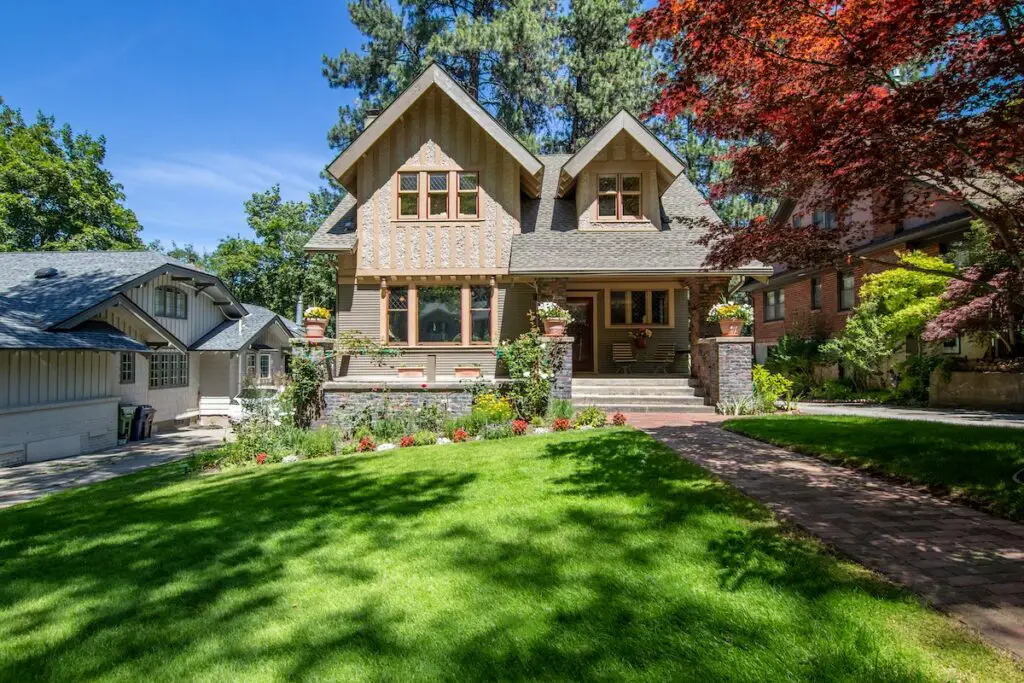
Affordable Options for Building A Tiny House
To stay within your budget for small house, consider exploring alternative construction methods. Some of those methods can save cost.
Instead of traditional stick-built homes, you can opt for modular or prefabricated tiny houses.
These types of homes are built off-site and then transported to your desired location.
They can be more cost-effective because they require less time and labor compared to on-site construction.
Utilizing Salvaged or Recycled Materials
Another way to save money on building supplies is by utilizing salvaged or recycled materials.
You can find reclaimed wood, windows, doors, and other materials at salvage yards or online marketplaces.
Not only does this help reduce costs, but it also adds character and uniqueness to your tiny house.
Considering DIY Options
Cutting down on labor expenses is crucial when working with a tight budget. Consider taking the do-it-yourself (DIY) route for certain aspects of your tiny house construction.
You can learn basic carpentry skills through online tutorials or workshops and take on tasks such as painting, flooring installation, or even building simple furniture pieces yourself.
Collaborating with Friends or Family Members
Pooling resources with friends or family members who are also interested in building small homes can be an excellent way to reduce costs.
By sharing tools, equipment, and even hiring contractors together, you can split the expenses and make the project more affordable for everyone involved.
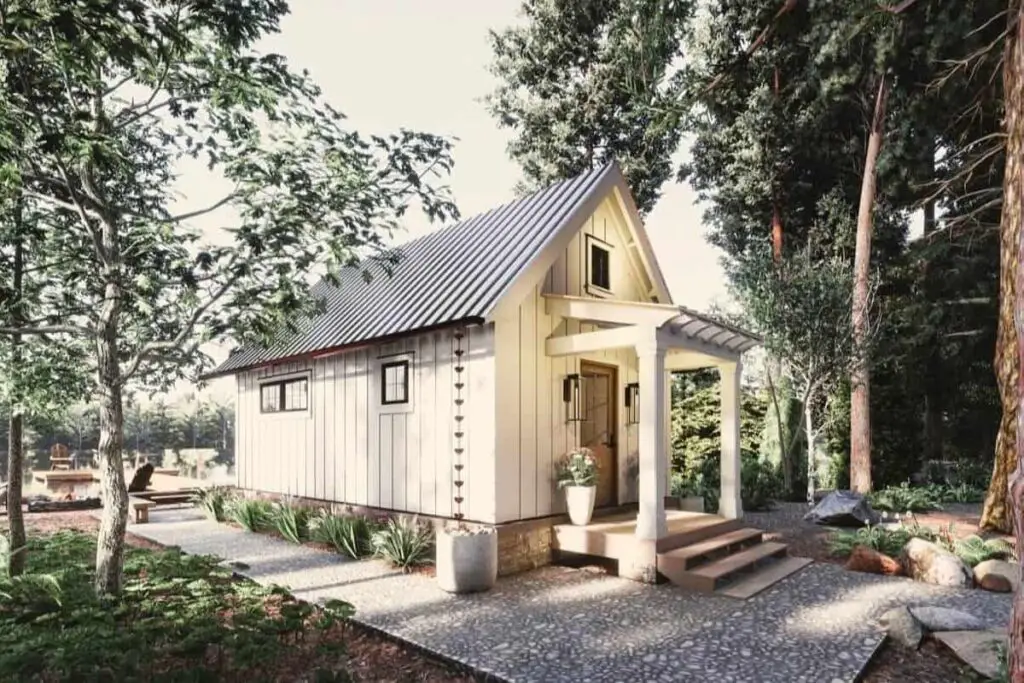
Low-cost House Designs and Plans
If you’re on a tight budget but still want to build your own small house, there are plenty of affordable options available.
Let’s explore some low-cost house designs and plans that can help you achieve your dream without breaking the bank.
Discovering affordable architectural designs specifically tailored for small houses
There are a few key factors to consider. Look for prefab house options or traditional home designs that offer cost-effective solutions.
These designs often come in prefab kits, which can save you both time and money during the construction process.
Exploring compact floor plans that maximize space efficiency
One of the challenges of building a small house is maximizing space efficiency. Compact floor plans are designed to make the most out of limited space.
Look for floor plans that prioritize functionality and utilize every square foot effectively.
This way, you can have all the essential rooms and amenities without sacrificing comfort.
Utilizing open-concept layouts to create an illusion of larger space
Open-concept layouts are a great way to make your small house feel more spacious. By removing unnecessary walls and barriers, you create an illusion of larger space.
This layout also allows natural light to flow freely throughout the house, making it feel brighter and more inviting.
Incorporating multi-purpose furniture and storage solutions
In a small house, every inch counts. That’s why it’s crucial to incorporate multi-purpose furniture and storage solutions into your design plan.
Look for furniture pieces that serve multiple functions, such as sofa beds or coffee tables with hidden storage compartments.
Maximizing vertical storage with shelves or built-in cabinets can also help keep your space organized and clutter-free.
By considering these low-cost house design strategies, you can create a beautiful and functional small home without breaking your budget.
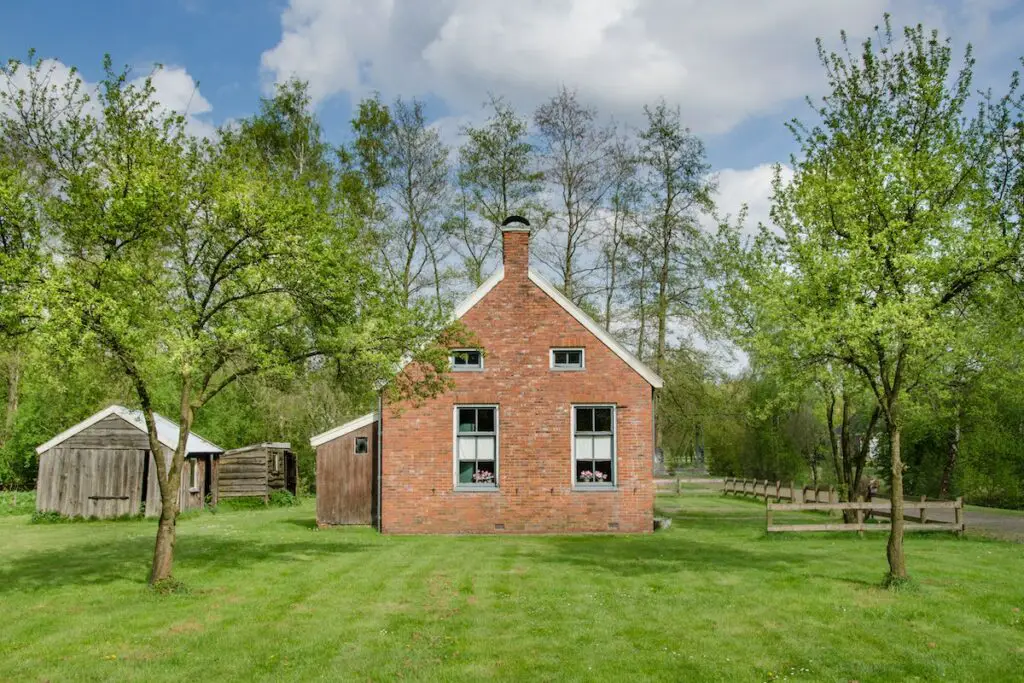
Finding the right land and securing a mortgage
To build a small house on a budget, it’s crucial to start by researching affordable land options. Then plan your budget for small house well.
Look for lots that are suitable for constructing a small house, keeping in mind factors like location, size, and accessibility.
Consider areas where land prices may be lower or where there is less competition in the real estate market.
Understanding Mortgage Options for Smaller Properties
Once you have identified potential land options, it’s important to understand the mortgage options available specifically for smaller properties.
Some lenders offer specialized mortgages tailored to those building smaller homes.
These mortgages often come with different terms and requirements compared to traditional home loans.
Evaluating Financing Requirements and Eligibility Criteria
Before securing a mortgage, take the time to evaluate financing requirements and eligibility criteria set by lenders.
This includes assessing your credit score, income stability, and debt-to-income ratio.
Meeting these criteria will increase your chances of getting approved for a mortgage at favorable terms.
Consulting with Real Estate Agents Specializing in Smaller Property Transactions
Navigating the real estate market can be tricky when looking for land suitable for building a small house.
To make the process smoother, consider consulting with real estate agents who specialize in smaller property transactions.
They can provide valuable insights into available lots within your budget and help negotiate favorable deals.
Finding the right land and securing a mortgage are crucial steps in building a small house on a budget.
By researching affordable land options, understanding specialized mortgage options, evaluating financing requirements.
And seeking guidance from experienced real estate agents, you can increase your chances of finding an ideal plot of land and obtaining financing that fits your needs.
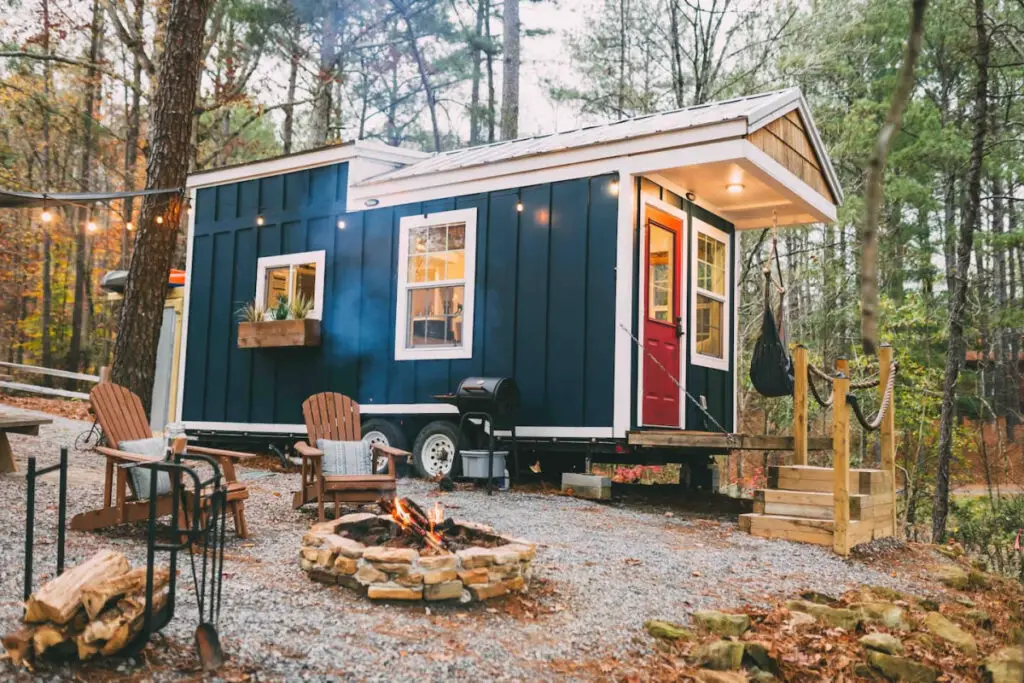
Building permits, taxes, and materials for construction
To successfully build a small house, there are several important factors to consider when doing your budget for small house.
Let’s take a closer look at navigating building permits, understanding tax implications, and choosing the right materials for construction.
Navigating local regulations
Before you start building your small house, it’s crucial to navigate through local regulations regarding building permits.
These permits ensure that your construction project meets safety standards and zoning laws.
- Research the specific requirements in your area by contacting local authorities or visiting their website.
- Determine the necessary paperwork and fees associated with obtaining building permits.
- Hire a builder or contractor who is familiar with the local regulations to guide you through the process.
Understanding tax implications
Building a small house can have implications on property taxes. And keep in mind that it can also affect your budget for small house.
It’s essential to understand how these taxes may change once your construction is complete.
- Consult with a tax professional or research online resources to learn about potential changes in property taxes.
- Consider any exemptions or deductions that may apply to your situation.
- Be prepared for potential increases in property taxes based on the assessed value of your new home.
Choosing construction materials
The choice of construction materials can significantly impact your budget.
Comparing costs and considering sustainable options can help you make informed decisions.
- Research different types of materials such as lumber, concrete, or steel to determine their costs and benefits.
- Consider using cost-effective yet durable alternatives that align with sustainability goals.
- Seek advice from builders or contractors experienced in constructing small houses to identify material options that fit within your budget without compromising quality.
By navigating through local regulations, understanding tax implications, and carefully choosing construction materials.
You can effectively manage your budget for small house while building a house that meets both your needs and preferences.
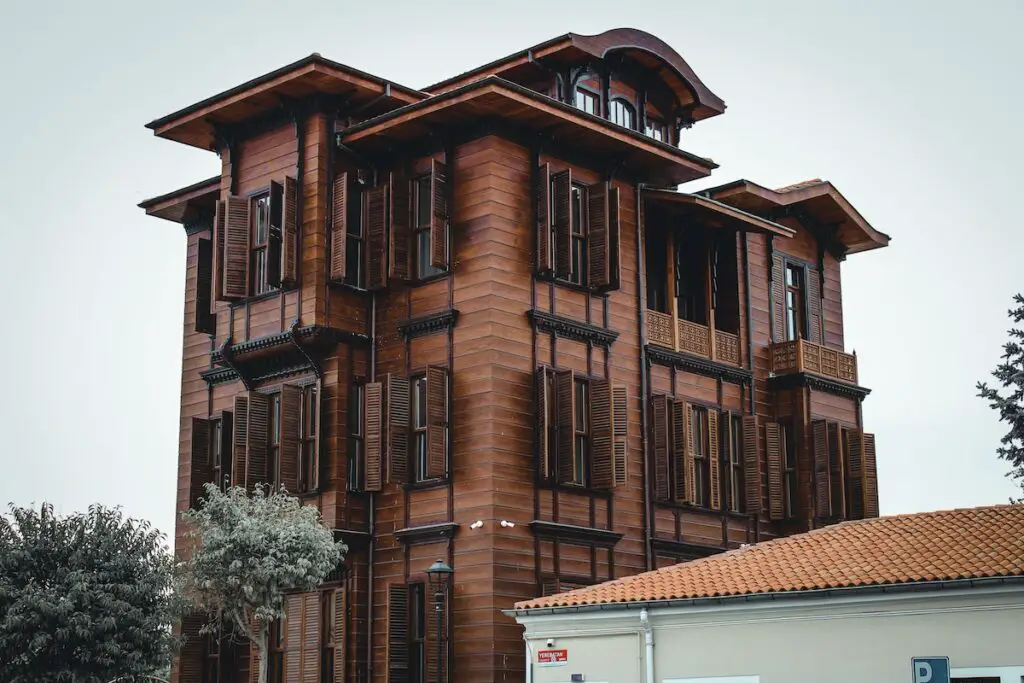
Financing options for acquiring property
There are several financing options available. It’s important to explore these options and find the one that best suits your needs and financial situation.
Government-Backed Loans and Grants
One option to consider is government-backed loans or grants specifically designed for small house projects.
These programs aim to support home buyers and owners in acquiring property for their small houses.
They often come with favorable terms and conditions, making them an attractive choice for those on a tight budget.
Pros:
- Access to funding specifically tailored for small house projects.
- Favorable terms and conditions compared to traditional loans.
Cons:
- Eligibility criteria may vary depending on location and program requirements.
- Limited availability of funds may result in competition among applicants.
Alternative Funding Sources
If government-backed loans or grants aren’t suitable, you can explore alternative funding sources.
Crowdfunding platforms provide an avenue for individuals to raise funds from a large number of contributors who believe in their project.
Personal loans from banks or credit unions could be an option worth considering.
Pros:
- Crowdfunding allows you to tap into a wider network of potential supporters.
- Personal loans offer flexibility in terms of repayment options.
Cons:
- Crowdfunding success depends on effective marketing and promotion efforts.
- Personal loans may have higher interest rates compared to other financing options.
Consulting Financial Institutions
To navigate the complexities of financing a small house project, it’s advisable to consult with financial institutions specializing in this area.
They possess expertise in small house financing and can guide you through the process, helping you make informed decisions about your investment.
Remember, finding the right financing option is crucial when acquiring property for your small house project.
Take the time to research, compare different options, and consult with professionals who can provide guidance tailored to your specific needs.
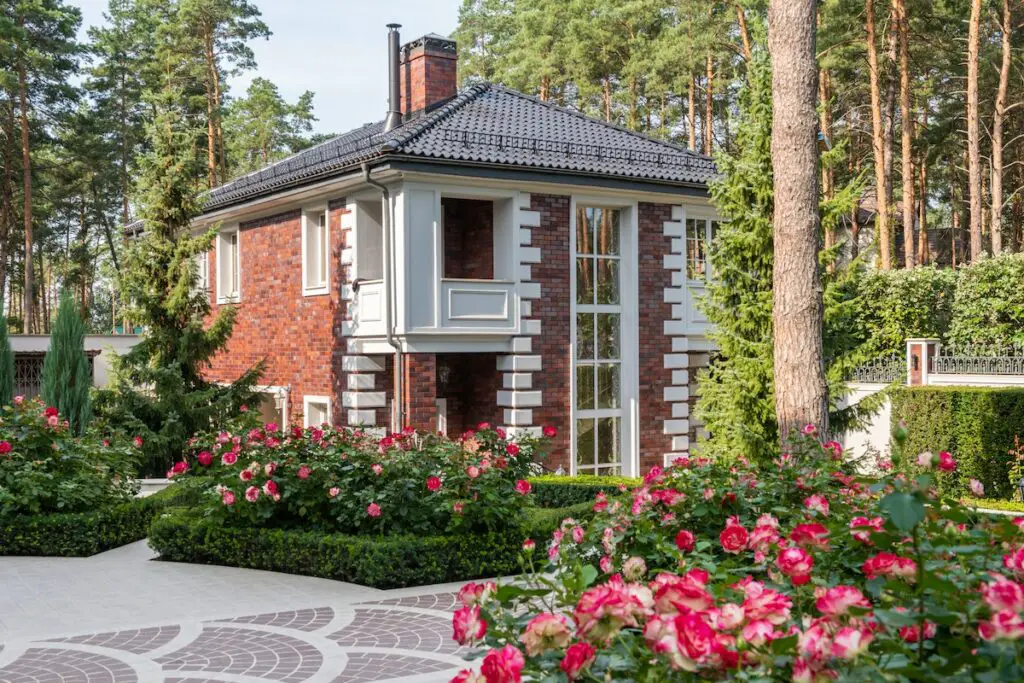
Achieving your budget for small house goals
To achieve your budget goals when building a small house, it’s important to implement effective cost-saving strategies throughout the construction process.
This means finding ways to save money without sacrificing quality or safety. Some strategies you can consider include:
- Researching and comparing prices for materials and labor from different suppliers and contractors.
- Opting for energy-efficient appliances and fixtures that can help reduce long-term utility costs.
- Using recycled or repurposed materials whenever possible, which can be more affordable than brand new items.
Monitoring Expenses Closely
Another crucial aspect of staying within your predetermined budget is to closely monitor your expenses.
Keep track of every penny spent during the construction phase, including both big-ticket items and smaller purchases.
This will help you identify any areas where you may be overspending and allow you to make adjustments accordingly.
Prioritizing Essential Features
When working with a limited budget, it’s essential to prioritize the features that are most important to you in your small house.
Determine what elements are essential for your lifestyle and focus on those first. Non-essential elements can always be added later when finances permit.
Seeking Professional Advice
Don’t hesitate to seek professional advice. Consult with architects, contractors, or other professionals experienced in building small houses.
They can provide valuable insights on cost-saving measures specific to your project.
Remember, achieving your budget goals for a small house requires careful planning, research, and decision-making.
With the right strategies in place and by monitoring expenses closely, you can create a comfortable home within your financial means.
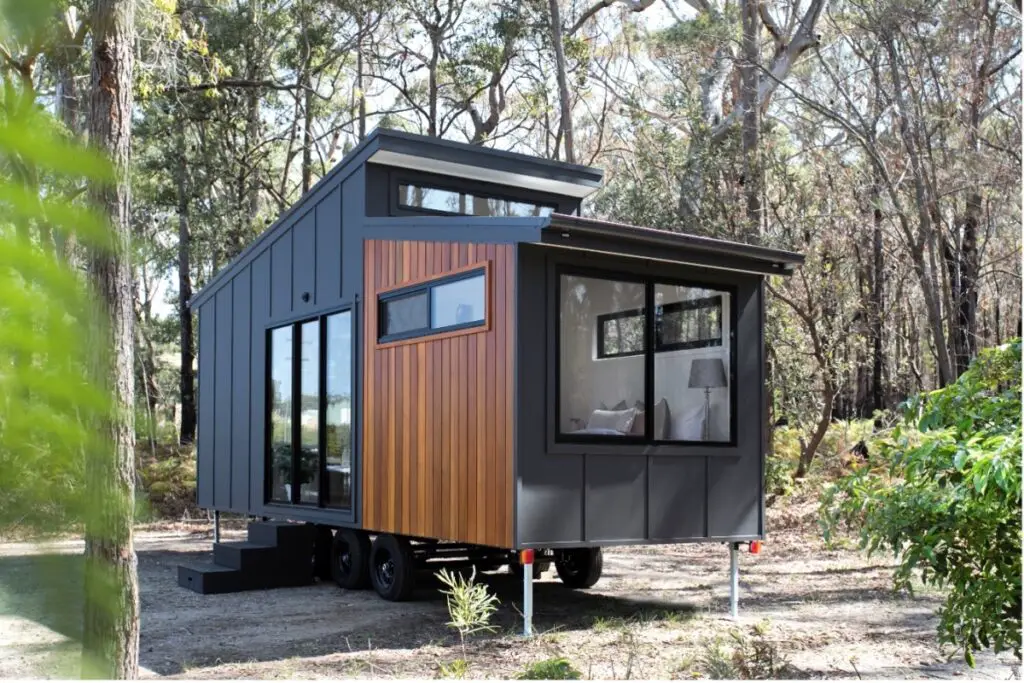
Conclusion
In conclusion, achieving your budget for small house goals requires careful planning and consideration.
By understanding the average cost of a tiny house and exploring affordable options for building, you can make informed decisions that align with your financial resources.
It is crucial to research low-cost house designs and plans, as well as finding the right land and securing a mortgage that suits your budget.
Being aware of building permits, taxes, and materials for construction will help you manage expenses for budget for small house effectively.
Exploring financing options for acquiring property can also provide opportunities to stay within your desired budget.
To successfully achieve your budget for a small house, it is recommended to consult with professionals in the field who can provide expert advice on cost-saving measures and efficient construction methods.
Consider reaching out to architects, builders, or real estate agents specializing in tiny houses to gain valuable insights tailored to your specific needs.
Remember that every decision you make should be based on thorough research and analysis of costs involved.
FAQs
1. Are there any grants or subsidies available for building a small house?
While grants and subsidies specifically targeted at small houses may vary depending on location, it is worth exploring local government programs or initiatives aimed at promoting affordable housing solutions. These programs may offer financial assistance or tax incentives that can help reduce the overall cost of constructing a small house.
2. Can I build a small house without hiring professionals?
Building a small house without professional assistance is possible if you possess the necessary skills and knowledge in construction. However, it is important to note that certain aspects such as electrical wiring, plumbing systems, and structural integrity require expertise to ensure safety and compliance with regulations. It’s advisable to consult with professionals or consider joining workshops or courses related to DIY home construction before embarking on such a project.
3. How long does it take to build a small house?
The duration of building a small house can vary depending on factors such as the complexity of the design, size, availability of resources, and the involvement of professionals. On average, it may take several months to a year to complete construction. Proper planning and coordination with contractors and suppliers can help streamline the process and minimize delays.
4. Can I finance the purchase of land for my small house?
Yes, there are financing options available for purchasing land to build your small house. Traditional mortgage lenders or specialized lenders focusing on tiny houses may offer loans specifically tailored for acquiring property. It is advisable to research different financing options, compare interest rates, and evaluate repayment terms before making a decision.
5. Are there any restrictions on where I can build a small house?
The regulations regarding where you can build a small house vary depending on local zoning laws and building codes. It’s essential to consult with local authorities or hire professionals who are familiar with these regulations to ensure compliance. Factors such as minimum lot sizes, setback requirements, and permitted land use should be considered when selecting a location for your small house.

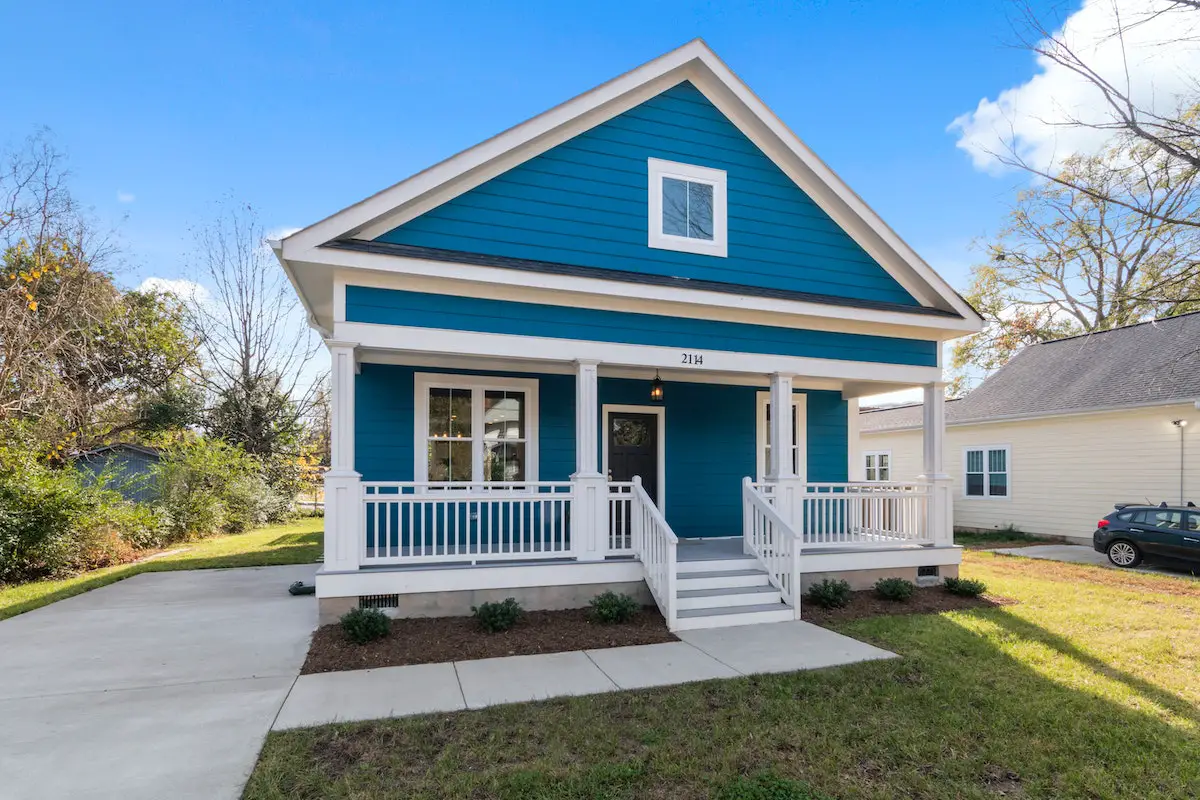
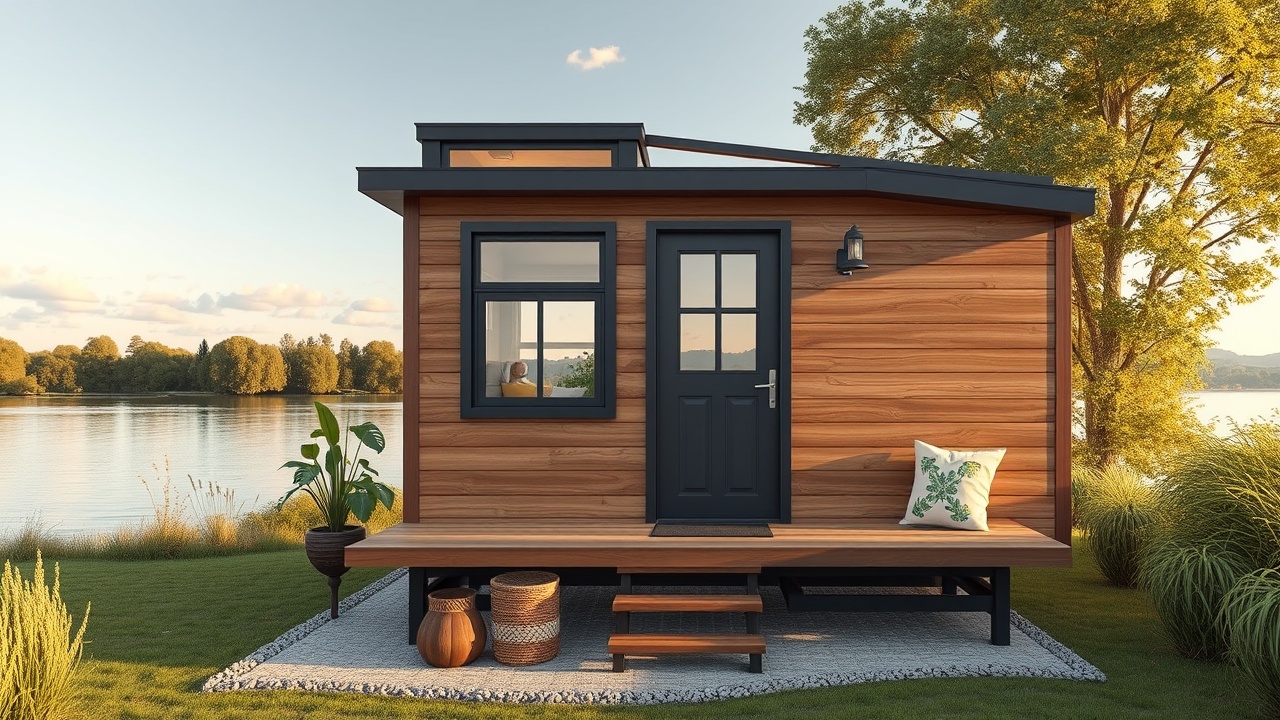
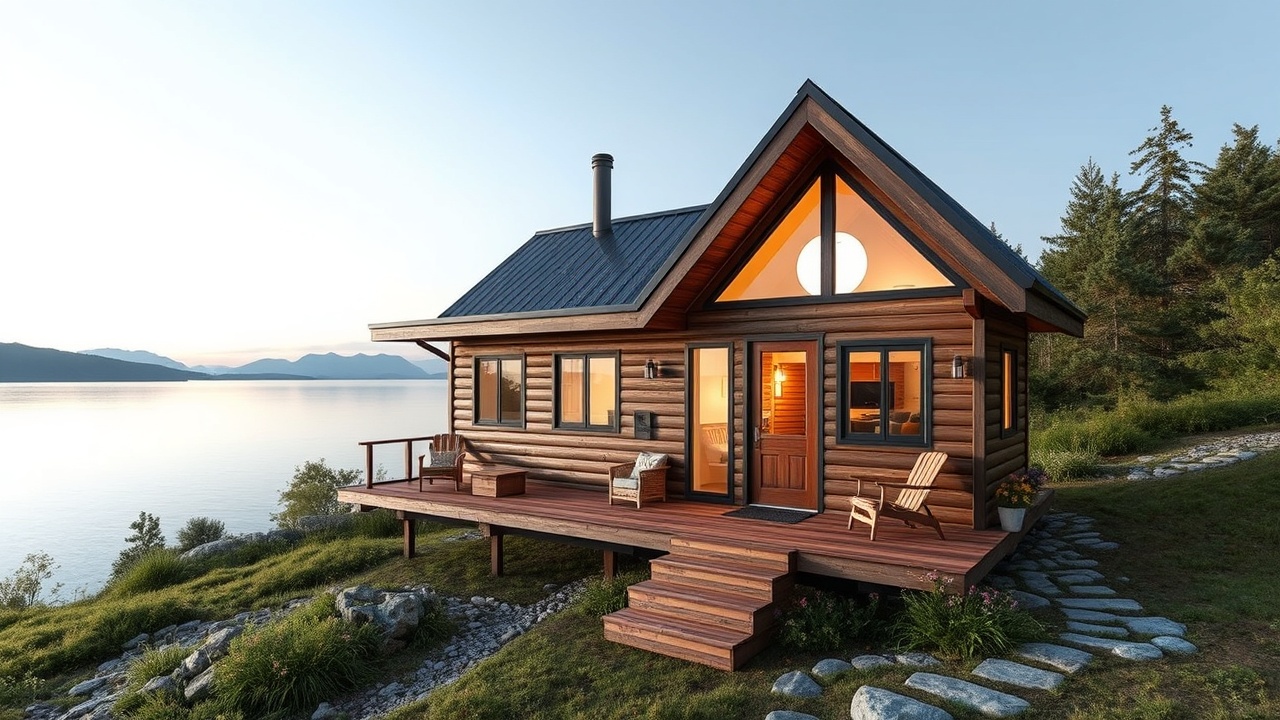
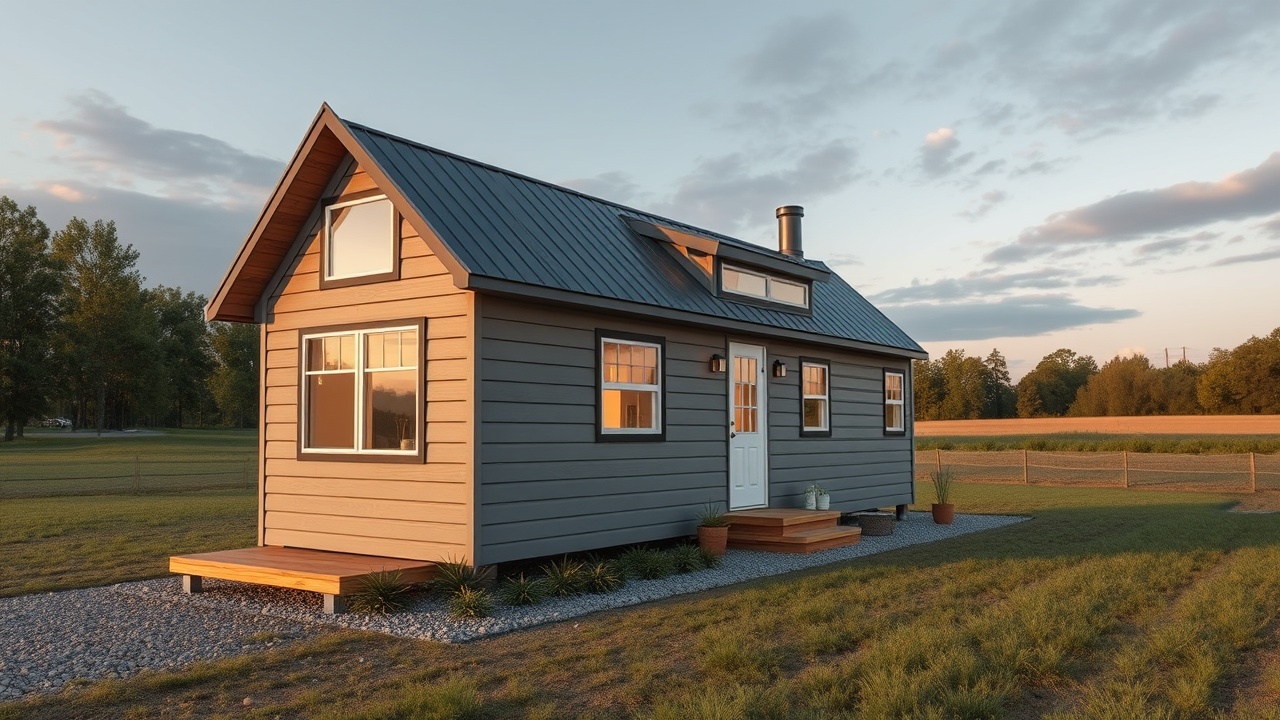
Leave a Reply